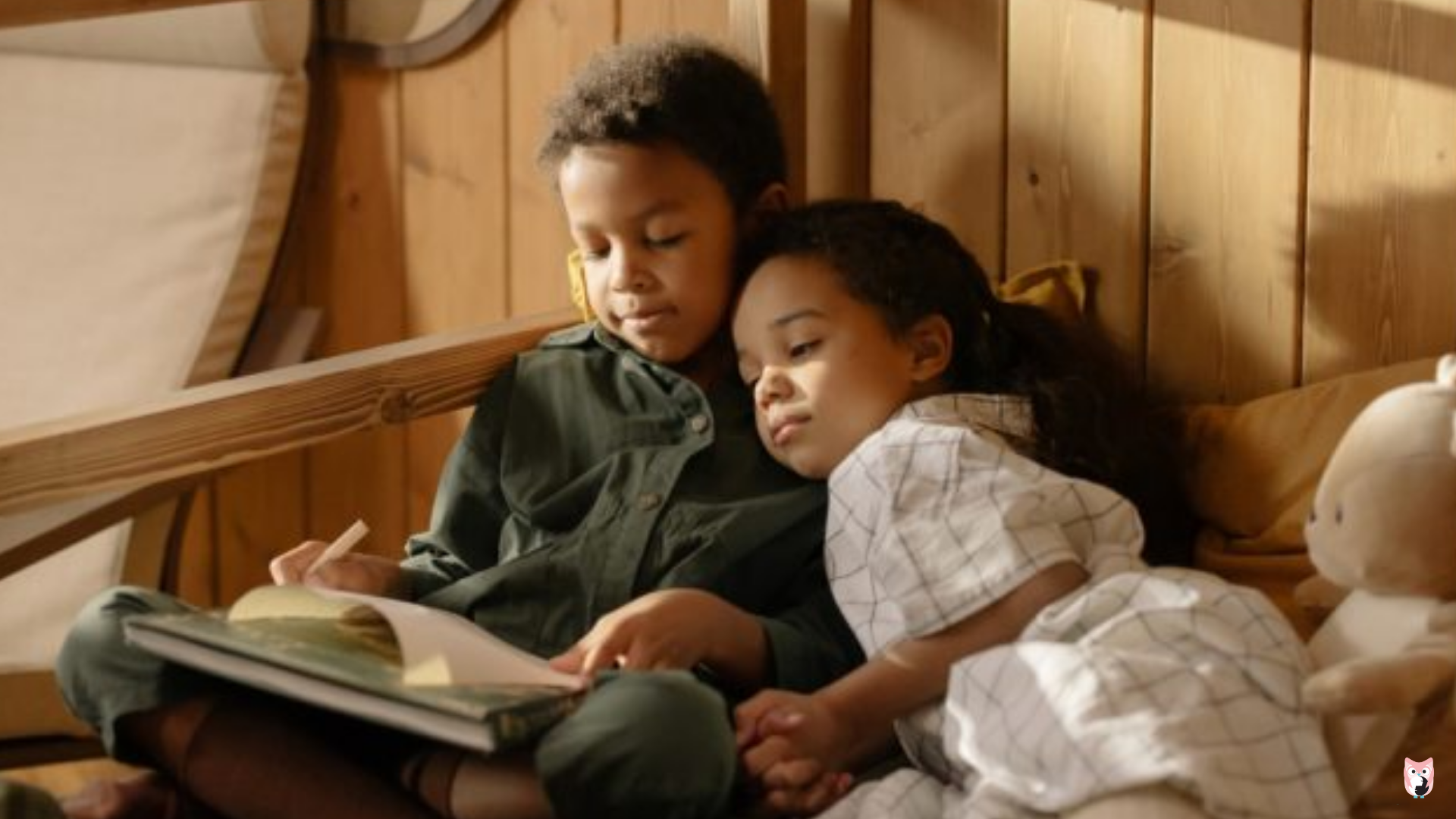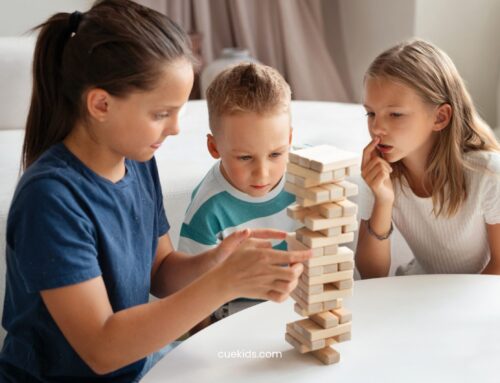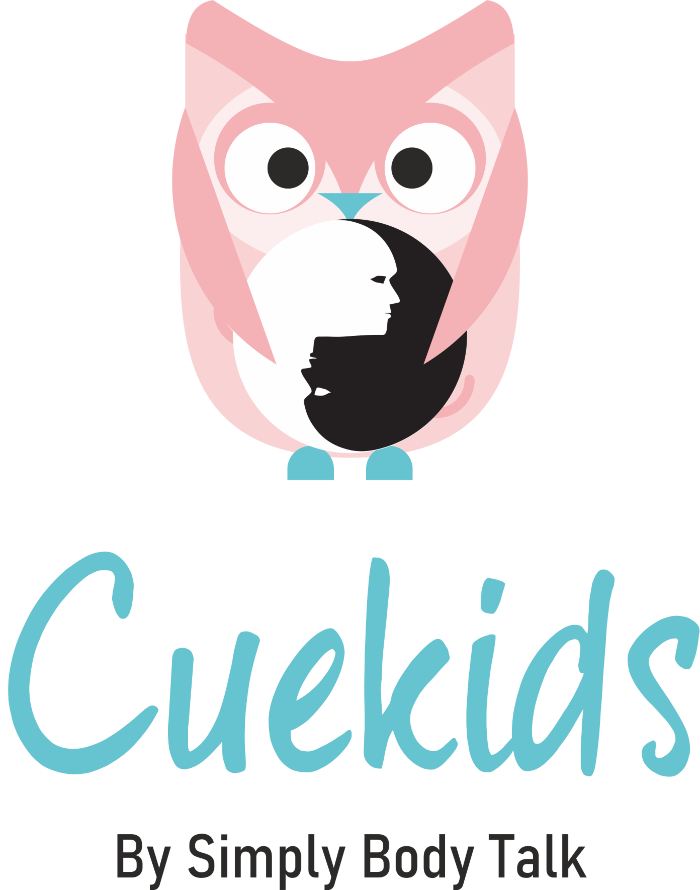Communication is a very important skill we all know that. Nowadays kids are spending astounding of time in front of the screen and because of this shift they are losing touch with their communication skills.
According to the New York Times children between the ages of 8 and 10 years spend 8 hours a day on screens. This figure goes up to 11 hours for older students, so it’s no surprise our students’ communication skills are lacking. Communication is a skill which will be required in almost all fields.
You may also like to read: Know Yours and Your Child’s Interaction Style
How can we foster communication skills in kids?
1. Teach them empathy
Empathy is the foundation block of social interaction. It allows us to communicate our ideas in a way that makes sense to others, makes them feel heard and helps us to understand their point of view. The ability to empathize helps a child to develop multiple perspectives and broad thinking.

2. Teach respectful vocabulary
Teach them to handle heated conversations. Teaching them how to respond respectfully, then being very blunt, which might escalate the situation. For example, if they don’t like what someone is saying rather than saying “you are stupid “ teach them to say “I don’t agree with you “.
This might be very obvious to us, but not so much for kids. This helps them gain confidence in what they are feeling.
3. Promote introspection
Children can learn a lot about their emotions and why are they experiencing them. Understanding them themselves is as important as communicating with someone else. This will allow them to understand people around them. Kids are great observers. When they see someone which their shoulders slouched, they understand something is not right. Ask them what might be the feeling. Body language for kids plays a vital role in understanding emotions.
You may also like to read: Interact with Pre-schoolers Using Effective Body Language
4. Teach them to take turns

The most basic element of a good conversation is taking turns. Allowing others to speak and then speaking your point will make you bond better with the person.
5. Teach the importance of pauses
Teach them to pause think, and ask questions. This will put them in a habit of listening and understanding other’s perspective and slowing down a bit to listen to others properly. Pauses while speaking will slow down their speaking speed, making it easy to understand.
6. Teach them empathy
Empathy is the foundation block of social interaction. It allows us to communicate our ideas in a way that makes sense to others, and it helps us understand others when they communicate with us. Also allowing them to understand how to respond appropriately in various situations.
7. Practice in a real-life situation
As much as any other skill, practice is the most important part amongst all of it. You need to promote all the factors to develop your child’s communication skills. This might sound difficult but, in our courses, we make sure that the child is equipped with all of these fundamentals and a lot more. We make sure that until the course is over, they have practiced it quite well with added fun and learning.
Effective communication has many attributes as we discussed and an important parameter that is overlooked at times is the ability to use appropriate body language that goes hand in hand with verbal communication. You can learn the same or enroll your child to learn and understand body language or non-verbal cues in our courses.
Conclusion
Effective communication has many attributes as we discussed and an important parameter that is overlooked at times is the ability to use appropriate body language that goes hand in hand with verbal communication. You can learn the same or enroll your child to learn and understand body language or non-verbal cues in our courses.






[…] Previous Next […]
[…] your child needs to talk about anything by observing their verbal and nonverbal behavior. Effective communication is the […]
[…] can encourage kids to learn from public speaking and people skills courses. They can learn social communication and build their confidence and interpersonal skills in social […]